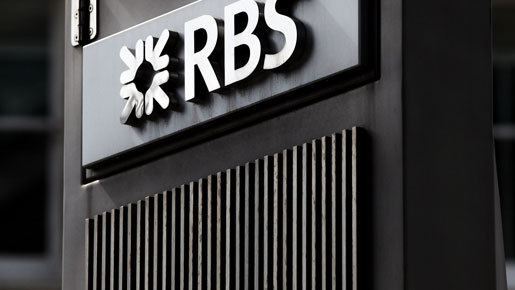
That would mark an almost 20 percent rise from gross levels the banks – which both failed to meet 2009/10 business lending targets – said they made available over the past 12 months.
“In return for support during the financial crisis, we have made banks accept their obligation to lend more,” Darling told parliament in his annual budget address.
“In the past 12 months, RBS and Lloyds, which make up half the market, have lent £38bn to small and medium sized businesses,” he said.
On a gross level – which does not subtract repayments and is the measure now used for new targets – RBS and Lloyds made available almost £80bn to business clients in 2009/10.
Bank loans have become a focal point in the debate over the UK government’s handling of its stakes in bailed-out lenders, as ministers come under fire from both parliamentary committees and the opposition for failing to enforce the targets they set.
Getting banks to lend freely again is seen as crucial to engineering a sustainable economic recovery after an 18-month recession which wiped about six percent off output.
Both Lloyds, 41 percent state-owned, and RBS, 84 percent state-owned, said they complied with the “intent” of government targets but failed to reach the required net numbers last year, blaming a high number of firms repaying loans rather than borrowing. RBS Chief Executive Stephen Hester said it would take four years for borrowing appetite to fully return.
The shift in the 2010/11 fiscal year from net lending to gross lending will allow banks to take account of high levels of repayment among companies they lend to.
Appeals process, bonus tax
Under new provisions, small businesses will also be able to appeal any lending decisions through a credit adjudicator.
“There are still companies who are being unfairly denied credit and feel that they are powerless to challenge the decision. I want to change this position and give them the right to have their credit complaints examined,” Darling said.
Businesses welcomed the move, along with other measures to support the sector: “If a business gets a ‘no’ it should be able to appeal – the cards are stacked in the banks’ favour,” said Stephen Alambritis, spokesman for the Federation of Small Businesses, who also lauded measures to boost competition.
Darling, who has backed increased competition in retail and business banking, said the FSA would “improve and speed up” the licensing process for new banks, which currently takes around 18 months.
The government has said it hopes forced sales of hundreds of bank branches by Lloyds and RBS, to compensate for state aid, will help boost competition.
Darling also said the government’s one-off 50 percent tax on bonuses had raised £2bn, broadly in line with expectations in the sector, but more than twice the government’s own forecasts.

